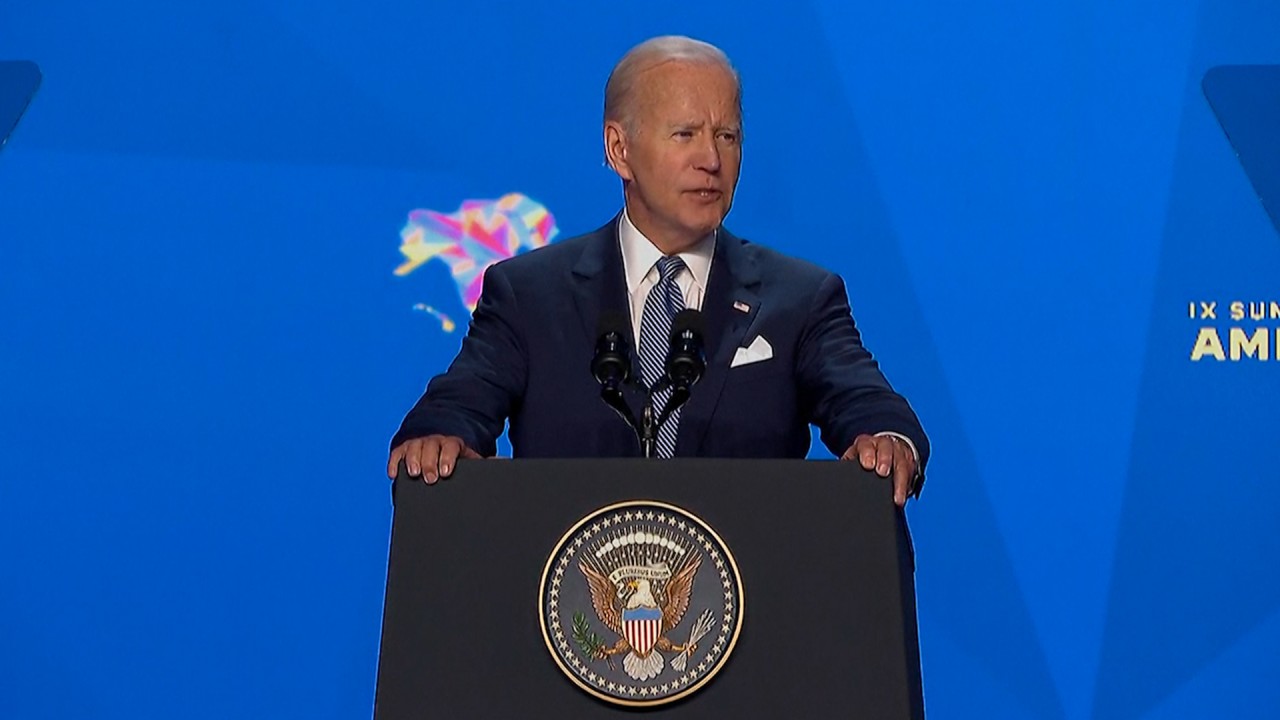Messy Summit of the Americas highlights contrast in US, China hosting styles
- Agenda and guest list not finalised until days before, a controversy that could have been defused if handled earlier: one critic calls it ‘amateur hour’
- Disarray contrasts with China’s approach to similar events, which involve exhaustive preparation, highly scripted events, no detail left to chance

Add to the long list of differences between China and the United States, involving everything from democracy and human rights to one-party rule and state-led markets, one more: the way the two “strategic competitors” host meetings.
“It’s fricking amateur hour,” Nicholas Cull, professor of public diplomacy at the University of Southern California Annenberg School for Communication and Journalism, said of overall US messaging around the summit. “It doesn’t seem like they prepared with image in mind. Chinese summits are a very different animal.”
The way the Los Angeles summit played out contrasted with China’s hosting of international meetings which are marked by exhaustive preparation, highly scripted events, not a detail left to chance, an exercise in political theatre. The contrast reflects key differences in the nations’ respective political systems and the function and culture of meetings.
One difference: the US faces a tougher challenge operating in an increasingly multipolar world as it tries to forge a democratic consensus. This frequently involves building consensus among disparate voices, a process that favours cajoling – often played out rather messily and publicly – over leverage and muscle.
